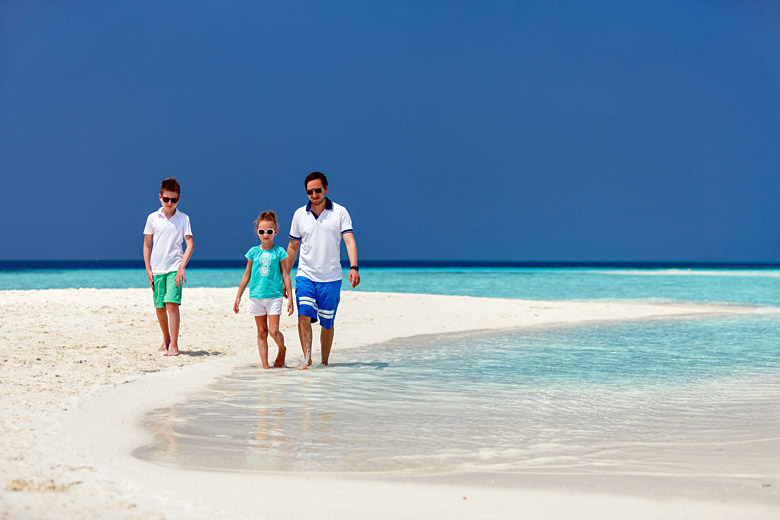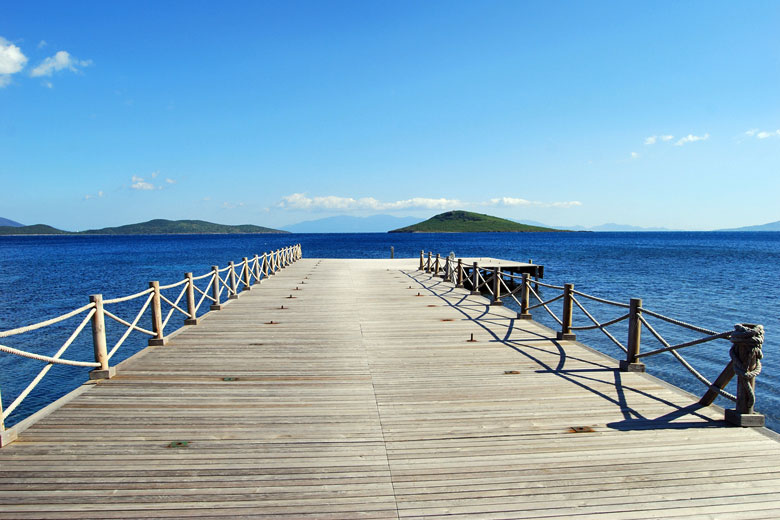- Check out top deals on tours to Israel
- Explore places to visit & most popular itineraries
- Filter deals by experience, duration, level & price
Best time to visit Israel
Find the best time to visit Israel and plan your perfect trip in 2025/2026. Get holiday inspiration, weather guides, travel advice and find great deals.
- Best time to visit
- Weather by month
- 5-day weather forecast
- Destinations
- Travel advice
- Deals & discounts
Israel by month
Jan Feb Mar Apr May Jun Jul Aug Sep Oct Nov Dec
Recommended for Israel
Top Israel destinations
Below are the temperatures expected today at popular countries, regions and places in Israel. Select a destination to compare today's forecast with average weather conditions.
All Israel destinations
When is the best time to visit Israel?
The best time to visit Israel (Jerusalem) is May based on the following average weather conditions.
Maximum daytime temperature = 72 - 86°F [remove]
Daily hours of sunshine = 10 hours or more [remove]
Change the criteria to reflect your weather preferences.
Max Day Temperature (°F)
- Jan
 55
55 - Feb
 59
59 - Mar
 63
63 - Apr
 72
72 - May
 79
79 - Jun
 84
84 - Jul
 86
86 - Aug
 86
86 - Sep
 84
84 - Oct
 79
79 - Nov
 68
68 - Dec
 59
59
Which is the hottest month in Israel?
The hottest time of year in Jerusalem, Israel is normally August. Expect maximum daytime temperatures to reach 86°F with moderate heat and humidity.
Which month has the most rain in Israel?
In terms of rainfall, January is usually the wettest month in Jerusalem, Israel with 5.4 inches on average. There are normally 10 days in January with some rain.
When is it sunniest in Israel?
The sunniest time of year in Jerusalem, Israel is normally July with bright sunshine on average for 91% of daylight hours; that's 13 hours of sunshine per day.
Best time to visit
The weather guide for Israel (Jerusalem) shows long term weather averages processed from data supplied by CRU (University of East Anglia) & today's weather forecast provided by meteoblue. Find out more about our data sources.
Metric (°C) | Imperial (°F)
Israel weather overview
More than half of Israel is desert and there are pronounced differences in the climate between the Negev desert region and the fertile north of the country. In the North, a Mediterranean climate prevails bringing hot, dry summers and mild, wet winters. Frost and snow are virtually unheard of but winter rain comes in short, intense bursts, so be prepared.
On the coast, the summer weather is muggier and afternoons, when sea breezes disperse some of the humidity, are the most pleasant time of the day. In the inland hills around Galilee, summer daytime conditions are dryer and more pleasant but nights can be chilly and winter brings both heavy rainfall and occasional snowfalls. Beyond the hills to the south lies the desert where rainfall is low and localised, taking the form of sudden, intense showers during the winter months.
Daytime summer conditions here can be very hot, especially when the warm Khamsin (or, in Hebrew, 'Sharav') wind blows but nights are chilly and crisp. Israel is a very sunny country which has made it a popular holiday destination throughout the year but an especially good option for winter sun.
What to pack for Israel weather
Pack light clothing for the summer with warmer cover-ups for winter visits to the hills or Galilee and nights in the desert. Include a light scarf in early summer to protect yourself from the dusty Khamsin winds.
Israel travel features
Do you want to learn more about Israel? Read our latest features covering travel tips and insider destination guides on where to go and what to do in Israel.
We don't currently have any travel features on Israel. Discover more about holiday destinations around the world with this selection of general travel articles.
Be inspired
Get your weekly fix of holiday inspiration from some of the world's best travel writers plus save on your next trip with the latest exclusive offers
We promise not to share your details
Related posts
Popular travel offers
Explore holidays in the sun for less
- Beach holidays
- Family holidays
- City breaks
- Summer holidays
- Winter sun holidays
- Holiday offers
- Top travel brands
- Airlines & flights
- Discount hotels
- Airport parking deals
- TUI
- Jet2holidays
- easyJet holidays
- Love Holidays
- January sales
Airport parking
- Manchester Airport
- Stansted Airport
- Bristol Airport
- Luton Airport
- Birmingham Airport
- Edinburgh Airport
- Gatwick Airport
- Glasgow Airport
- Newcastle Airport
Airport lounges
- Manchester Airport
- Birmingham Airport
- Bristol Airport
- Edinburgh Airport
- Glasgow Airport
- Heathrow Airport
- Newcastle Airport
- Stansted Airport
- Gatwick Airport




































